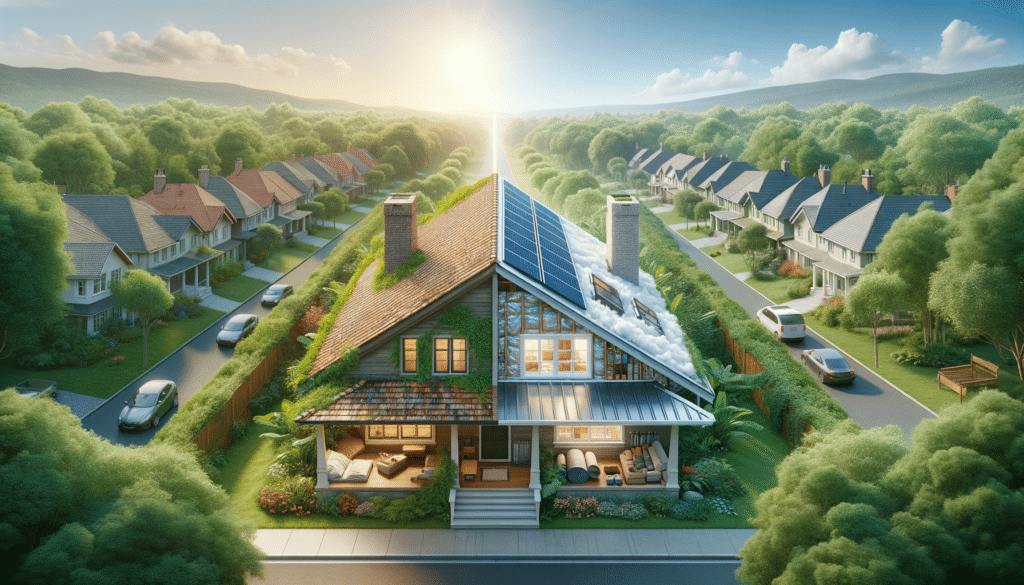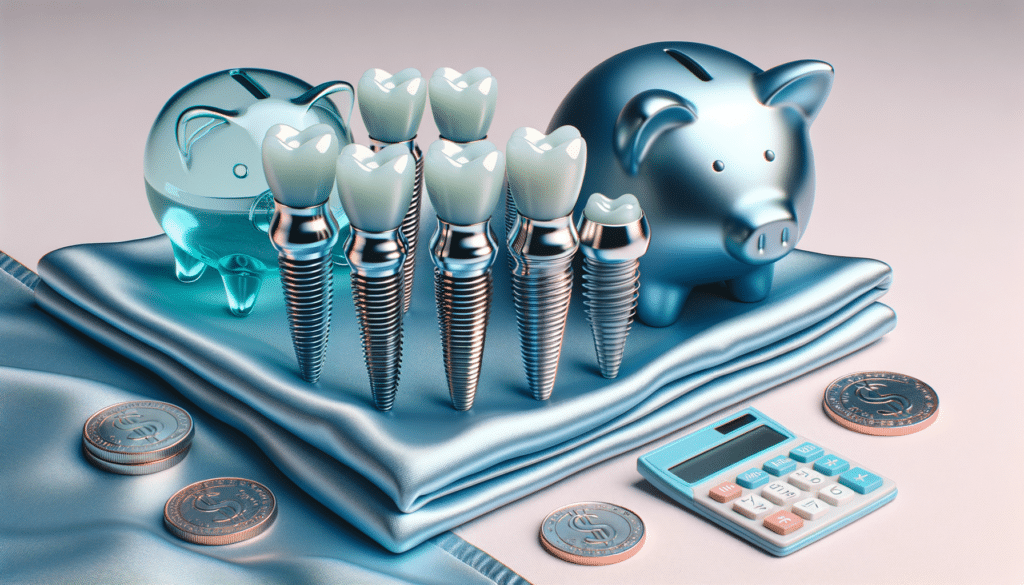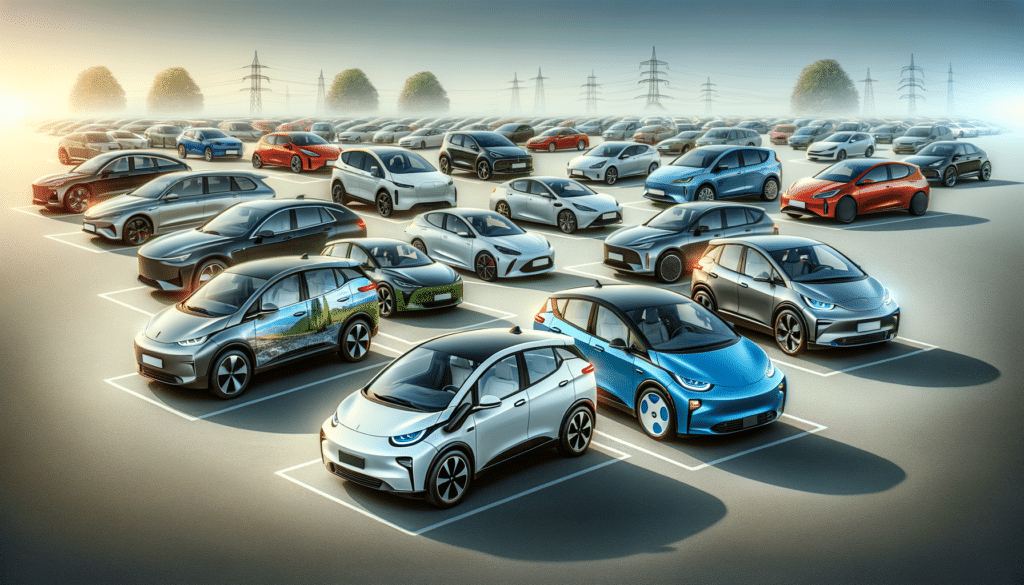The Importance of Energy-Efficient Roofing
In today’s world, energy efficiency is more important than ever. With rising energy costs and increasing awareness of environmental impact, homeowners are seeking ways to make their homes more sustainable. One significant area of focus is the roof, as it plays a crucial role in a building’s energy efficiency. A well-designed roof can help regulate indoor temperatures, reduce energy consumption, and lower utility bills. By upgrading to energy-efficient roofing materials and technologies, homeowners can contribute to environmental conservation while enjoying the benefits of a comfortable living space.
Types of Energy-Efficient Roofing Materials
When considering roof replacement for energy efficiency, it’s essential to understand the different materials available. Each type offers unique benefits and performance characteristics. Here are some popular options:
- Metal Roofing: Known for its durability and reflectivity, metal roofing can reflect solar heat, reducing cooling costs in warmer climates.
- Cool Roofs: These are designed with reflective materials to reflect more sunlight and absorb less heat than standard roofs, keeping buildings cooler.
- Clay and Concrete Tiles: These materials have natural thermal resistance, which can help in regulating indoor temperatures.
- Green Roofs: Also known as living roofs, these are covered with vegetation, providing excellent insulation and reducing urban heat island effects.
Each of these materials can contribute to energy savings, but the choice depends on factors like climate, budget, and aesthetic preferences.
Financial and Environmental Benefits of Energy-Efficient Roofs
Upgrading to an energy-efficient roof is not just an investment in sustainability; it also offers significant financial benefits. Here’s how:
- Reduced Energy Bills: Energy-efficient roofs can lower cooling and heating costs by maintaining a stable indoor temperature, reducing the need for HVAC systems.
- Increased Property Value: Homes with energy-efficient features, including roofs, are often more attractive to buyers, potentially increasing resale value.
- Environmental Impact: By reducing energy consumption, energy-efficient roofs help decrease greenhouse gas emissions, contributing to a healthier planet.
In conclusion, while the initial cost of energy-efficient roofing may be higher, the long-term savings and environmental benefits make it a worthwhile investment for homeowners looking to improve their home’s sustainability and efficiency.




